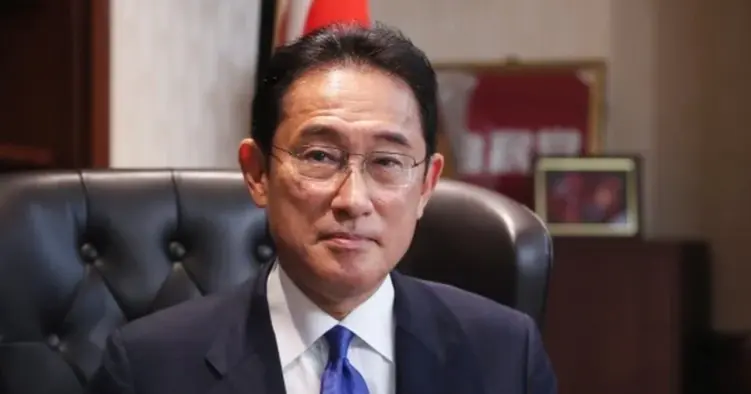Will the Greens support the Pacific Engagement Visa and with what conditions?
The Pacific Engagement Visa or PEV is the most important Pacific policy initiative of the Labor government. Introduction of the new visa – which will provide 3,000 citizens of Pacific countries and Timor-Leste with permanent residency in Australia annually – requires the passage of two pieces of legislation: one to set up the lottery that will be used to select visa applicants (who will then have to find a job to obtain the visa), and one to set up a charge for the new lottery scheme.
This legislation was delayed unexpectedly due to opposition from the Coalition, which says it supports the PEV but opposes a lottery. In fact, the lottery is the only way the PEV can be made to work. That said, it is clear that the Coalition is not going to compromise, so the government will have to seek support for the PEV from the cross benches. That task is proving much more difficult than expected, as this blog, the latest in our series of PEV updates, explains.
The Greens were represented on the Senate committee that examined the two bills by Senator Nick McKim, who joined with the majority of the committee in recommending that the two bills be passed. Senator McKim also added his own section of the report, in which he provided an additional recommendation, namely that the legislation establishing the PEV lottery should state either that a lottery is only to be used for the PEV, or at a minimum that a lottery is not to be used for the allocation of refugee visas.
These seem like reasonable suggestions. Since then, independent senators David Pocock and Lidia Thorpe have tabled amendments to this effect. The two Jacqui Lambie Network senators have also indicated their support for the lottery bill.
So, on the surface, it appears that there is solid cross-bench support for the bill. And yet, it still hasn’t passed. The bill was tabled for discussion first in June and then in July, but didn’t get to the floor in either session. The problem appears to lie with the Greens, who have refused to state whether they support the bill, saying only (in a recent SMH news article) that they are negotiating with Labor.
Negotiations between Labor and the Greens are not something new. Already in this parliament there have been deals over energy price cap legislation (where the Greens won additional support for renewable energy), over the climate change target legislation (a tighter cap on industrial emissions), and, most recently, housing legislation (additional funds for social housing).
So, given this track record, perhaps we should be confident that Labor and the Greens will find common ground on the PEV. The mystery is what the negotiations are about. It is difficult to believe that they are over the limiting of the lottery to this specific visa. The government might not want to do this, to retain executive flexibility, but it is not much of a price to pay.
The negotiations must be over something more substantial. Are the Greens asking for more than 3,000 visas? There is no suggestion of that in the Senate report. Or are the negotiations in relation to some other area of migration? Or in relation to some altogether different area of government policy?
Transparency is needed. A critical reform that greatly benefits the Pacific should not be delayed. The region’s economic ministers have all endorsed it. Fiji’s Finance Minister and Deputy Prime Minister Biman Prasad has called on Australia to implement the PEV without further delay (it was originally to start on 1 July). The PEV has a strong climate justification. If the Greens are negotiating over the PEV, they should tell us about what. The Coalition has already lost credibility on the Pacific in relation to the PEV. One hopes the Greens don’t follow suit.
To get transparency, more media interest is required. I’m surprised that the ABC with its ever-growing Pacific coverage hasn’t reported more on this. The last time Pacific Beat covered the PEV was 3 July. Few Pacific issues have divided Australian politics on partisan lines, and I don’t know of any that have divided parliament.
The Senate resumes on 16 October.
This article was first published by Australian National University’s Development Policy Centre. Stephen Howes is Director of the Development Policy Centre and Professor of Economics at the Crawford School of Public Policy, at The Australian National University.











